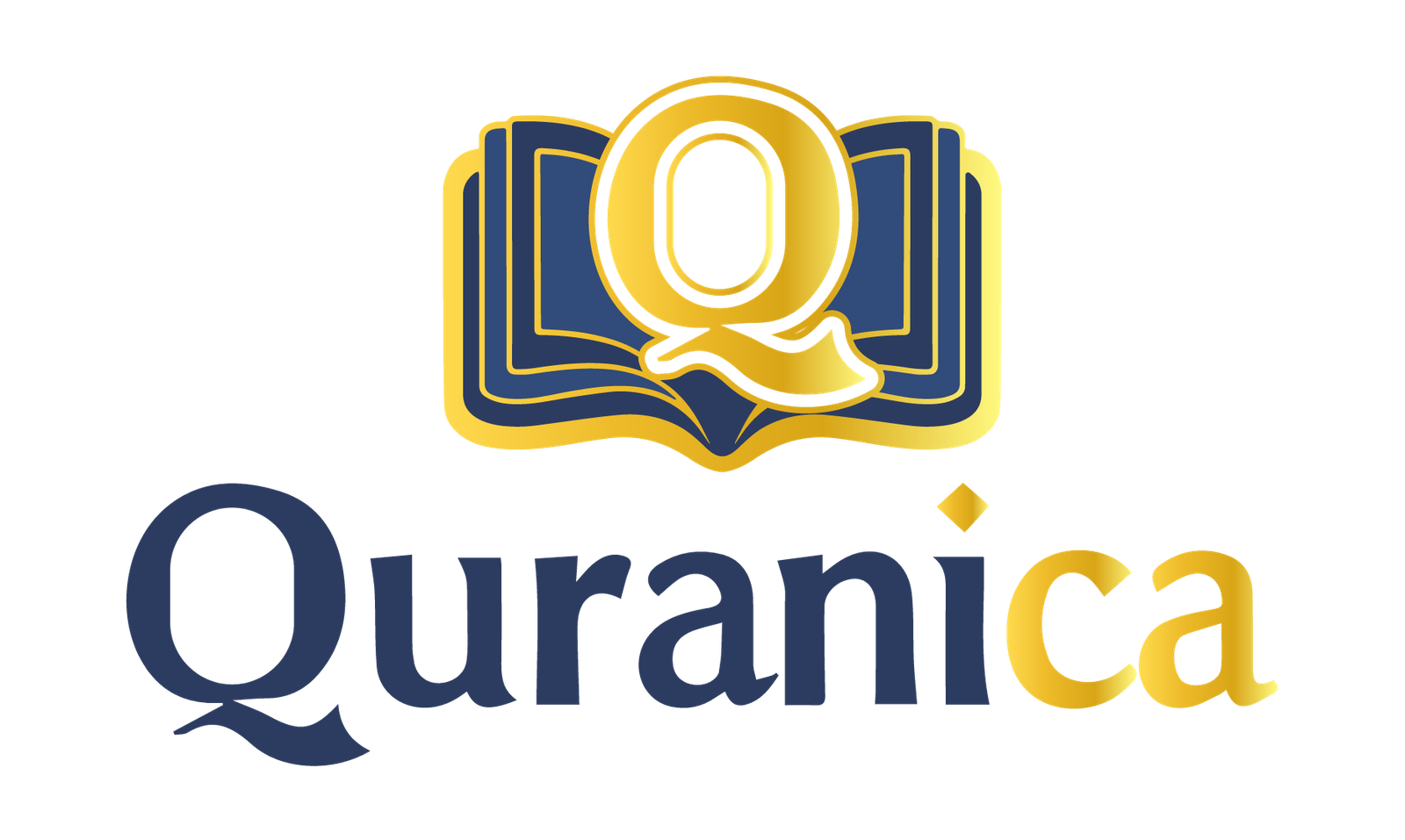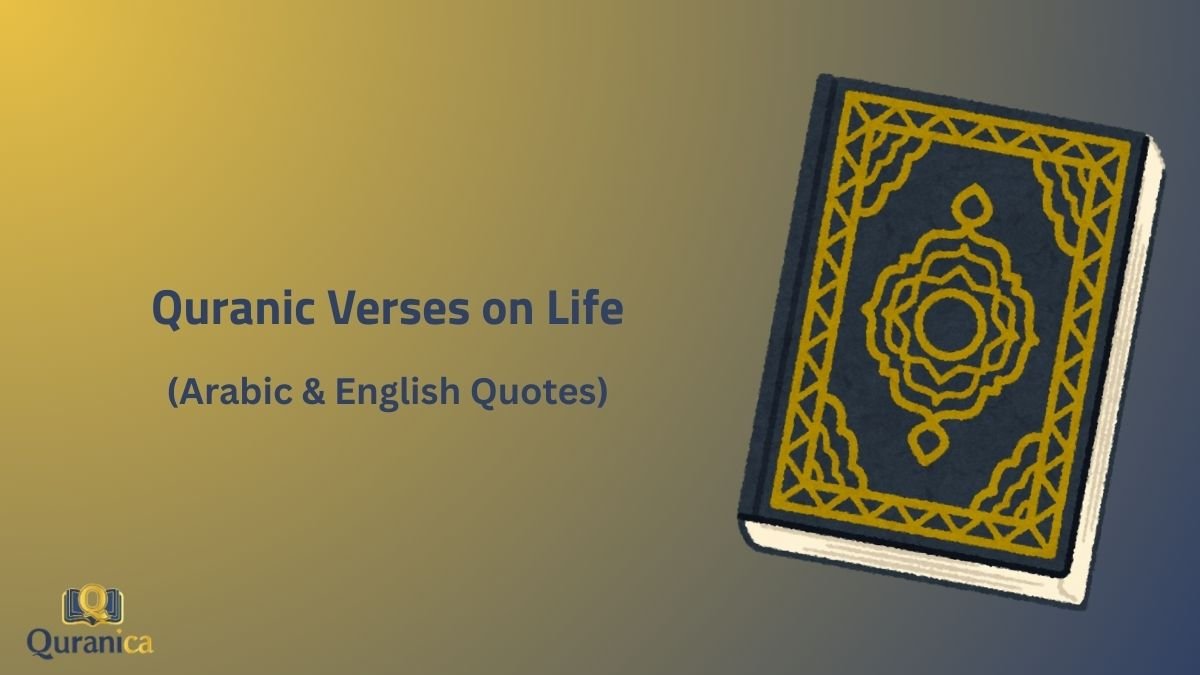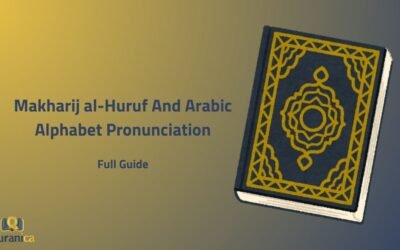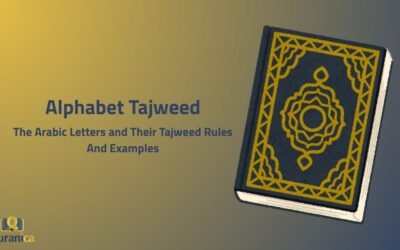The Quran offers profound guidance on every aspect of life, and the concept of hayah (life) is explored deeply across its verses. These Quranic reflections don’t just define the physical reality of life—they elevate our understanding of purpose, trials, success, and eternity. Through divine words, Allah (SWT) reminds us that this worldly life is fleeting and often deceptive, while true, everlasting life lies in the Hereafter. By examining Quranic quotes on life in both Arabic and English, we gain clarity on how to live with purpose, balance, and spiritual awareness.
Alhamdulillah, Allah has not left us adrift, He has gifted us His divine speech, the Noble Quran, as a huda (guidance) and rahmah (mercy). And the Quran speaks directly to the core of our being, addressing the very essence of ḥayāh – life itself.
In fact, The concept of ‘life’ – Hayah (حَيَاة) – and its related themes appear tens of times.
In this post, we delve into powerful Quranic verses that explain the temporary nature of this world, the purpose of our existence, and how righteous deeds outlast worldly possessions. These teachings serve as reminders to align our lives with divine values while still seeking goodness in both this life and the next. Whether you’re reflecting on your spiritual journey or exploring the Quran’s view on life for the first time, these verses offer timeless wisdom and direction.
Let us reflect together on just a few verses that illuminate our path in this life.
1. A Quranic Quote on the True Nature of Life
Often, we get caught up in the hustle and bustle of this world (dunya). The Quran gently reminds us of its fleeting reality and true nature:
“وَمَا هَٰذِهِ الْحَيَاةُ الدُّنْيَا إِلَّا لَهْوٌ وَلَعِبٌ ۚ وَإِنَّ الدَّارَ الْآخِرَةَ لَهِيَ الْحَيَوَانُ ۚ لَوْ كَانُوا يَعْلَمُونَ”
“Wa ma hadhihi al-hayatu ad-dunya illa lahwun wa la’ib, wa inna ad-dar al-akhirata lahiya al-hayawan, law kanu ya’lamun.”
“And this worldly life is not but diversion and amusement. And indeed, the home of the Hereafter – that is the [true] life, if only they knew.” (Surah Al-Ankabut 29:64)
Ponder this, Allah uses the words lahwun (لَهْوٌ – diversion, amusement) and la’ib (لَعِبٌ – play). This doesn’t mean life is unimportant, but rather that its attractions are temporary distractions compared to the eternal reality.
The true, enduring life – described here as al-hayawan (الْحَيَوَانُ), an emphatic form implying the real, vibrant, everlasting life – is the Hereafter (al-akhirah). This perspective helps us prioritize, using this life as a preparation ground for the next.
2. Another Quranic Metaphor Quote on the Reality of Worldly Life
To further help us internalize the true nature of this life, the Quran uses a vivid and striking metaphor:
“ٱعْلَمُوٓا۟ أَنَّمَا ٱلْحَيَوٰةُ ٱلدُّنْيَا لَعِبٌۭ وَلَهْوٌۭ وَزِينَةٌۭ وَتَفَاخُرٌۢ بَيْنَكُمْ وَتَكَاثُرٌۭ فِى ٱلْأَمْوَٰلِ وَٱلْأَوْلَـٰدِ ۖ كَمَثَلِ غَيْثٍ أَعْجَبَ ٱلْكُفَّارَ نَبَاتُهُۥ ثُمَّ يَهِيجُ فَتَرَىٰهُ مُصْفَرًّۭا ثُمَّ يَكُونُ حُطَـٰمًۭا ۖ وَفِى ٱلْـَٔاخِرَةِ عَذَابٌۭ شَدِيدٌۭ وَمَغْفِرَةٌۭ مِّنَ ٱللَّهِ وَرِضْوَٰنٌۭ ۚ وَمَا ٱلْحَيَوٰةُ ٱلدُّنْيَآ إِلَّا مَتَـٰعُ ٱلْغُرُورِ”
“IAllamoo annama alhayatu addunya laAAibun walahwun wazeenatun watafakhurun baynakum watakathurun fee al-amwali wal-awladi kamathali ghaythin aAAjaba alkuffara nabatuhu thumma yaheeju fatarahu musfarran thumma yakoonu hutaman wafee al-akhirati AAathabun shadeedun wamaghfiratun mina Allahi waridwanun wama alhayatu addunya illa mataAAu alghuroor”
“Know that the life of this world is but amusement and diversion and adornment and boasting to one another and competition in increase of wealth and children – like the example of a rain whose [resulting] plant growth pleases the tillers; then it dries and you see it turned yellow; then it becomes [scattered] debris. And in the Hereafter is severe punishment and forgiveness from Allah and approval. And what is the worldly life except the enjoyment of delusion.” (Surah Al-Hadid 57:20)
This verse paints such a clear picture! Allah summarizes the stages many people prioritize in life: la’ibun wa lahwun (play and amusement), zeenah (adornment), tafaakhur (boasting among yourselves), takaathur fil-amwaali wal-awlaad (rivalry in wealth and children).
Then He gives the parable: like rain bringing forth vegetation that amazes the farmer (al-kuffar here can mean tillers), but then it inevitably withers, turns yellow, and becomes hutaam (debris, chaff).
This is the cycle of worldly pursuits when detached from seeking Allah’s pleasure.
The verse starkly contrasts this with the Hereafter’s reality: severe punishment OR forgiveness and pleasure from Allah.
It concludes powerfully: wa ma al-hayat ad-dunya illa mata’ al-ghuroor – “And the worldly life is not but the enjoyment of delusion.” It’s a call to wake up, to see this life for what it is – a temporary provision, a means to an end, not the end itself.
Truly grasping the depth of such verses often comes with dedicated study, perhaps like what students explore in an Online Quran Tafseer Course, where the nuances of the Arabic language reveal layers of meaning.

3. A Quranic Quote on the Core Purpose of Life
Before we delve deeper, let’s begin with the most fundamental answer the Quran provides: Why are we truly here? What is the ultimate reason for our existence? Allah (SWT) makes it beautifully clear:
“وَمَا خَلَقْتُ الْجِنَّ وَالْإِنسَ إِلَّا لِيَعْبُدُونِ”
“Wa ma khalaqtu al-jinna wal-insa illa liya’budoon.”
“And I did not create the jinn and mankind except to worship Me.” (Surah Adh-Dhariyat 51:56)
SubhanAllah! How direct and profound. This single verse gives our entire existence meaning and direction.
Notice the word liya’budūn (لِيَعْبُدُونِ). This isn’t just about ritual prayers or fasting, though they are vital pillars. It encompasses our entire life – every action, intention, and interaction, when done sincerely for Allah’s sake, becomes an act of worship (‘ibādah). When we truly internalize this, even mundane tasks can be elevated.
This understanding shifts our perspective entirely, infusing purpose into every breath we take. It reminds us that our lives have an ultimate, noble goal far beyond temporary worldly gains.
4. A Quranic Quote on Life as a Test
One of the fundamental points the Quran clarifies is why we are here. What is the essence of this worldly existence? Allah Ta’ala tells us with beautiful clarity:
“ٱلَّذِى خَلَقَ ٱلْمَوْتَ وَٱلْحَيَوٰةَ لِيَبْلُوَكُمْ أَيُّكُمْ أَحْسَنُ عَمَلًۭا ۚ وَهُوَ ٱلْعَزِيزُ ٱلْغَفُورُ”
“Alladhee khalaqa al-mawta wal-hayata liyabluwakum ayyukum ahsanu AAamalan wa huwa al-AAazeezu al-ghafoor”
“[He] who created death and life to test you [as to] which of you is best in deed – and He is the Exalted in Might, the Forgiving.” (Surah Al-Mulk 67:2)
Notice the subtlety here – Allah mentions al-mawt (death) before al-hayah (life). It’s a profound reminder that this life is temporary, a passage towards something else.
The purpose? Liyabluwakum – “to test you.” This isn’t a test of pass or fail in a harsh sense, but an opportunity to strive for what is ahsanu ‘amala – “best in deed.” It’s about the quality of our actions, intentions, and sincerity.
This verse frames our entire life as a chance to demonstrate our faith through righteous actions, seeking His pleasure.
It gives us purpose: strive to do good, knowing He is Al-Aziz (The Almighty) and Al-Ghafoor (The Forgiving), always there to accept our sincere repentance.
Grasping these deeper meanings often blossoms when one dedicates time to Memorize Quran, as correct pronunciation connects the heart to the sound and meaning more profoundly.
Join our Quran Memorization (Hifz) Programs

5. A Quranic Quote on Lasting Good Deeds vs. Worldly Adornments
Building on the temporary nature of this world, the Quran contrasts its attractive, yet fleeting, aspects with what truly endures and holds value with Allah:
“الْمَالُ وَالْبَنُونَ زِينَةُ الْحَيَاةِ الدُّنْيَا ۖ وَالْبَاقِيَاتُ الصَّالِحَاتُ خَيْرٌ عِندَ رَبِّكَ ثَوَابًا وَخَيْرٌ أَمَلًا”
“Al-malu wal-banoona zeenatul-hayatid-dunya wal-baqiyatus-salihatu khayrun ‘inda rabbika thawaban wa khayrun amala.”
“Wealth and children are [but] adornment of the worldly life. But the enduring good deeds are better to your Lord for reward and better for [one’s] hope.” (Surah Al-Kahf 18:46)
Here, wealth (al-mal) and children (al-banun) – things people cherish and strive for – are described as zeenah (زِينَة), an adornment, something temporary that beautifies this worldly life (al-hayat al-dunya).
While they are blessings, the verse immediately draws our attention to what is khayr (خَيْرٌ – better): al-baqiyat al-salihat (الْبَاقِيَاتُ الصَّالِحَاتُ) – the enduring, righteous deeds.
These are the actions – prayers, charity, remembrance of Allah, seeking knowledge, kindness – that remain and yield reward (thawab) and are a better source of hope (amal) with our Lord (Rabb).
It’s a reminder to invest our efforts in what lasts eternally, rather than solely focusing on the transient beauty of the dunya.
Read more about: Quranic Verses About Knowledge (Quotes on Education in Arabic & English)
6. A Quranic Quote on Seeking Goodness in Both Worlds
Islam teaches balance. While the Hereafter is the ultimate goal, we are encouraged to seek goodness in this life too, as beautifully captured in this widely recited supplication (du’a):
“وَمِنْهُم مَّن يَقُولُ رَبَّنَا آتِنَا فِي الدُّنْيَا حَسَنَةً وَفِي الْآخِرَةِ حَسَنَةً وَقِنَا عَذَابَ النَّارِ”
“Wa minhum man yaqoolu rabbana atina fid-dunya hasanatan wa fil-akhirati hasanatan wa qina ‘adhaban-nar.”
“And among them is he who says, ‘Our Lord, give us in this world [that which is] good and in the Hereafter [that which is] good and protect us from the punishment of the Fire.'” (Surah Al-Baqarah 2:201)
This is such a comprehensive du’a. Notice the request for hasanah (حَسَنَةً) – goodness – in both dunya (this world) and the akhirah (Hereafter).
It teaches us to strive for well-being, knowledge, righteous family, and provision in this life, while keeping the ultimate goal of Paradise and protection from Hellfire firmly in mind.
It’s a holistic approach to life, integrating faith into our daily aspirations.
7. A Quranic Verse on Life and the Hereafter
The Quran again and again reminds us of the bigger picture, putting this worldly life (al-ḥayāh al-dunyā – الْحَيَاةُ الدُّنْيَا) in its proper context:
“وَمَا الْحَيَاةُ الدُّنْيَا إِلَّا لَعِبٌ وَلَهْوٌ ۖ وَلَلدَّارُ الْآخِرَةُ خَيْرٌ لِّلَّذِينَ يَتَّقُونَ ۗ أَفَلَا تَعْقِلُونَ”
“Wa mā al-ḥayāh al-dunyā illā laʿibun wa lahwun, wa la-al-dār al-ākhiratu khayrun lilladhīna yattaqūn, afalā taʿqilūn.”
“And the worldly life is not but amusement and diversion; but the home of the Hereafter is best for those who fear Allah. So will you not reason?” (Surah Al-An’am, 6:32)
The true, everlasting success is in the Hereafter (al-dār al-ākhirah – الدَّارُ الْآخِرَةُ), especially for those who cultivate God-consciousness (taqwa – تقوى). The verse ends with a powerful question: “So will you not reason?” (afalā taʿqilūn – أَفَلَا تَعْقِلُونَ), urging us to use our intellect to grasp this essential truth.
Begin Your Quranic Journey to a Meaningful Life with Quranica
Here at Quranica, our deepest passion is to help you build that personal, transformative relationship with the Quran.
We are blessed with dedicated native Arab teachers, many of whom are honored graduates of the prestigious Al-Azhar University. They bring not only authentic knowledge but also years of invaluable experience in teaching the Quran, Tajweed, and Arabic specifically to non-Arab. Most hold Ijazah, possessing certified chains of transmission back to the Prophet (peace be upon him), ensuring the authenticity of your learning. We believe this sacred knowledge should be accessible, which is why we offer our programs at competitive pricing.
- Native Arab teachers (many with Ijazah and Al-Azhar credentials).
- Specialized courses like Quran Recitation Course and Learning Quran with Tajweed, and Islamic Studies Online Course tailored for non-Arabs.
- Affordable, flexible classes
Explore our full range of courses.
Join our family today with a trial class!

Conclusion:
The Quran beautifully redefines our understanding of life, showing us that our existence is not random but purposeful and deeply connected to our Creator. It calls us to see beyond the glitter of this world and invest in what truly lasts—faith, worship, and righteous deeds. From describing life as a test to presenting powerful metaphors about its fleeting nature, Allah invites us to live with awareness, gratitude, and sincerity.
As you reflect on these Quranic verses about life, remember they are not just meant to be read—they are meant to be lived. Let their meaning transform how you view success, trials, relationships, and goals. If you’re ready to deepen your relationship with the Quran and uncover its meanings, explore Quranica’s courses today. With expert guidance and a flexible, supportive environment, you can begin your journey toward a more meaningful life—both in this world and the next.








0 Comments